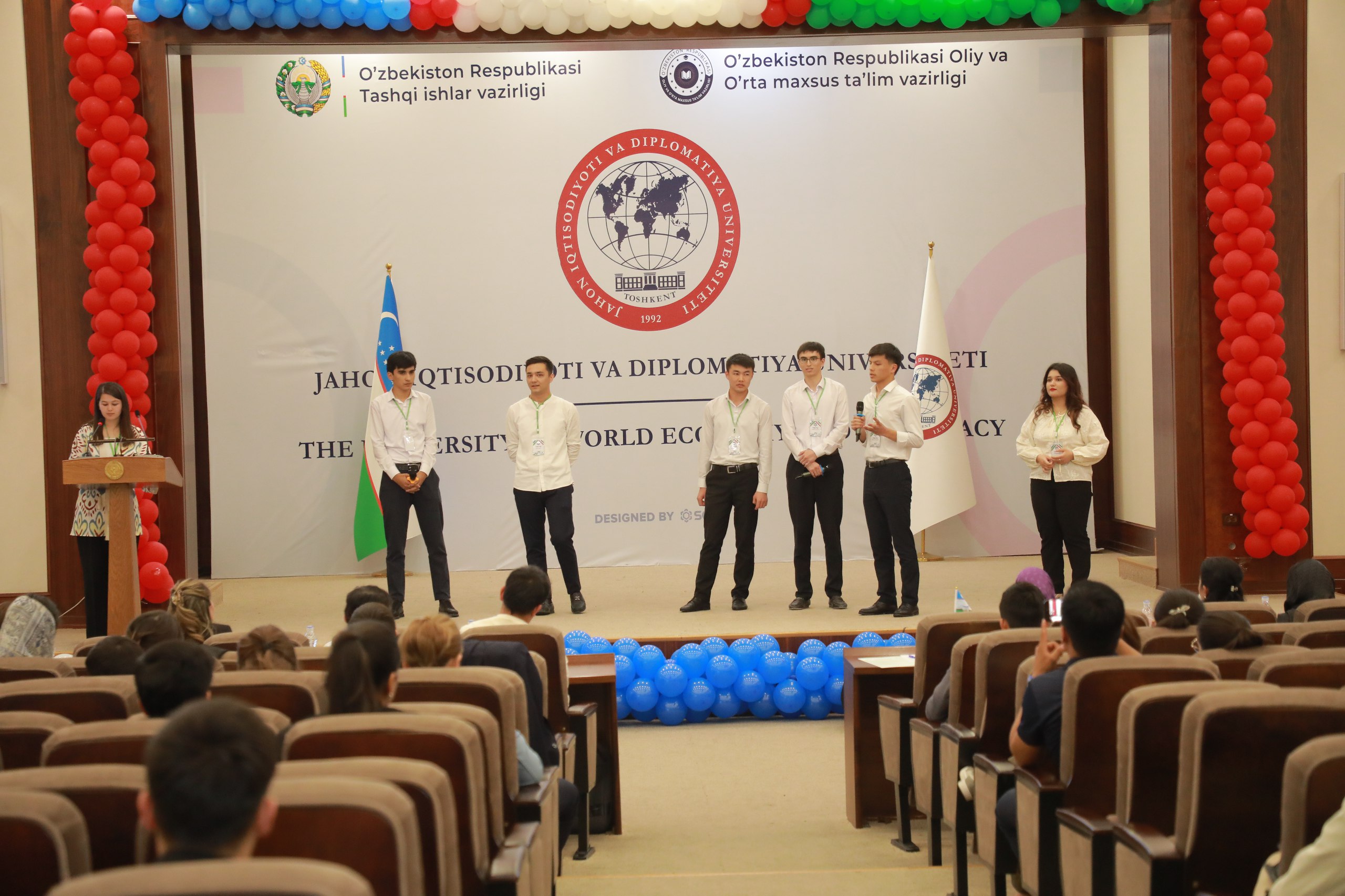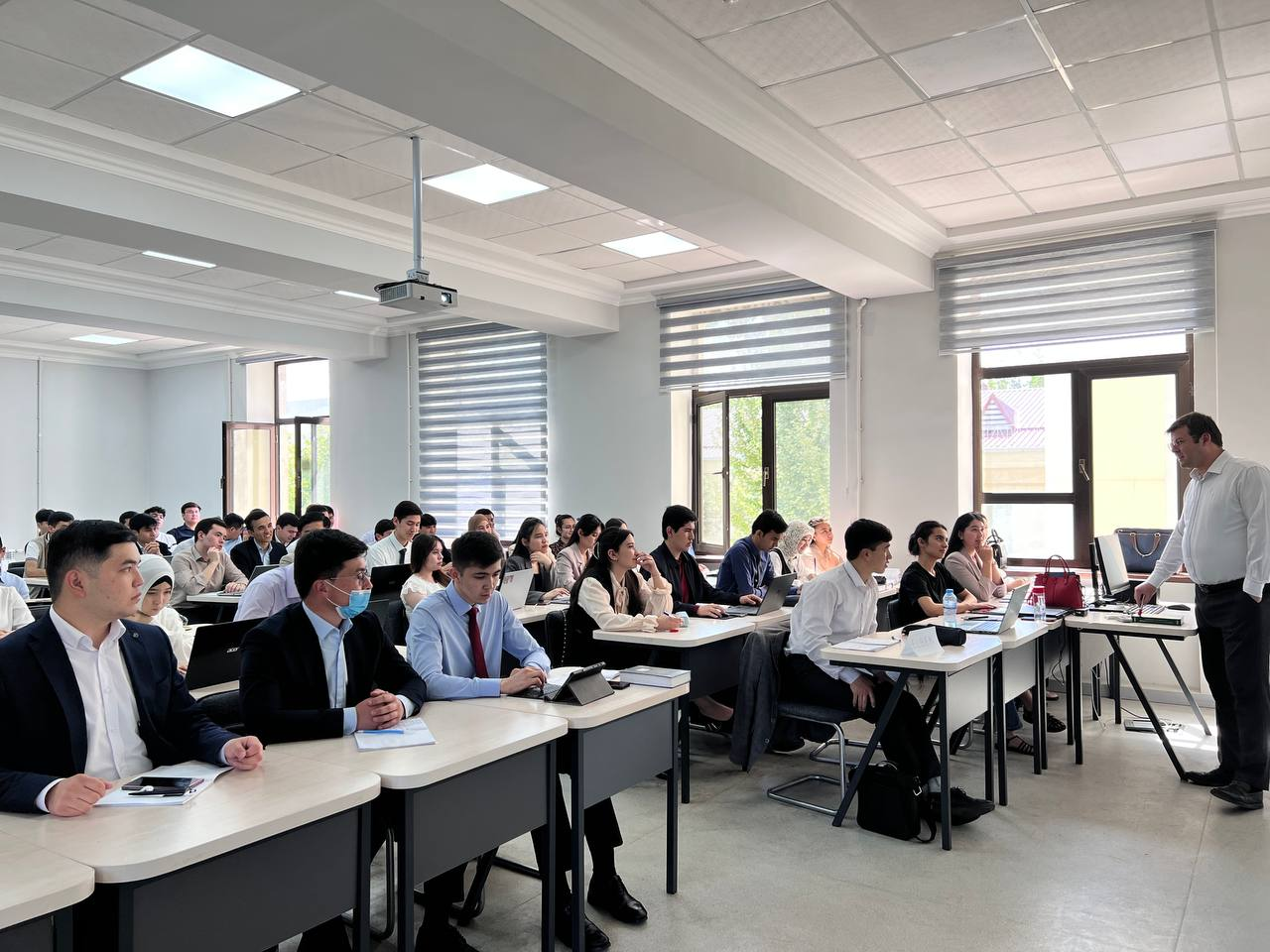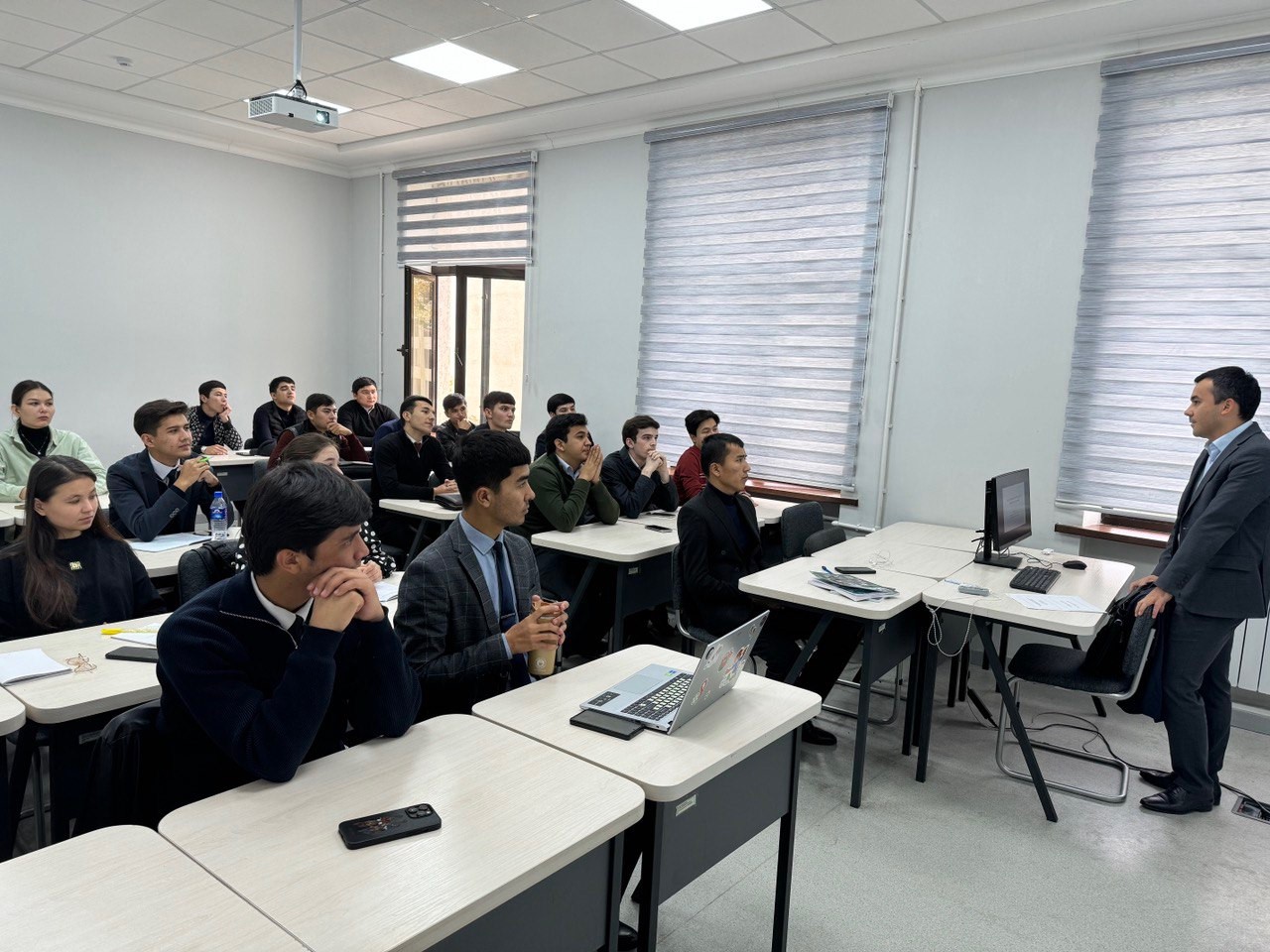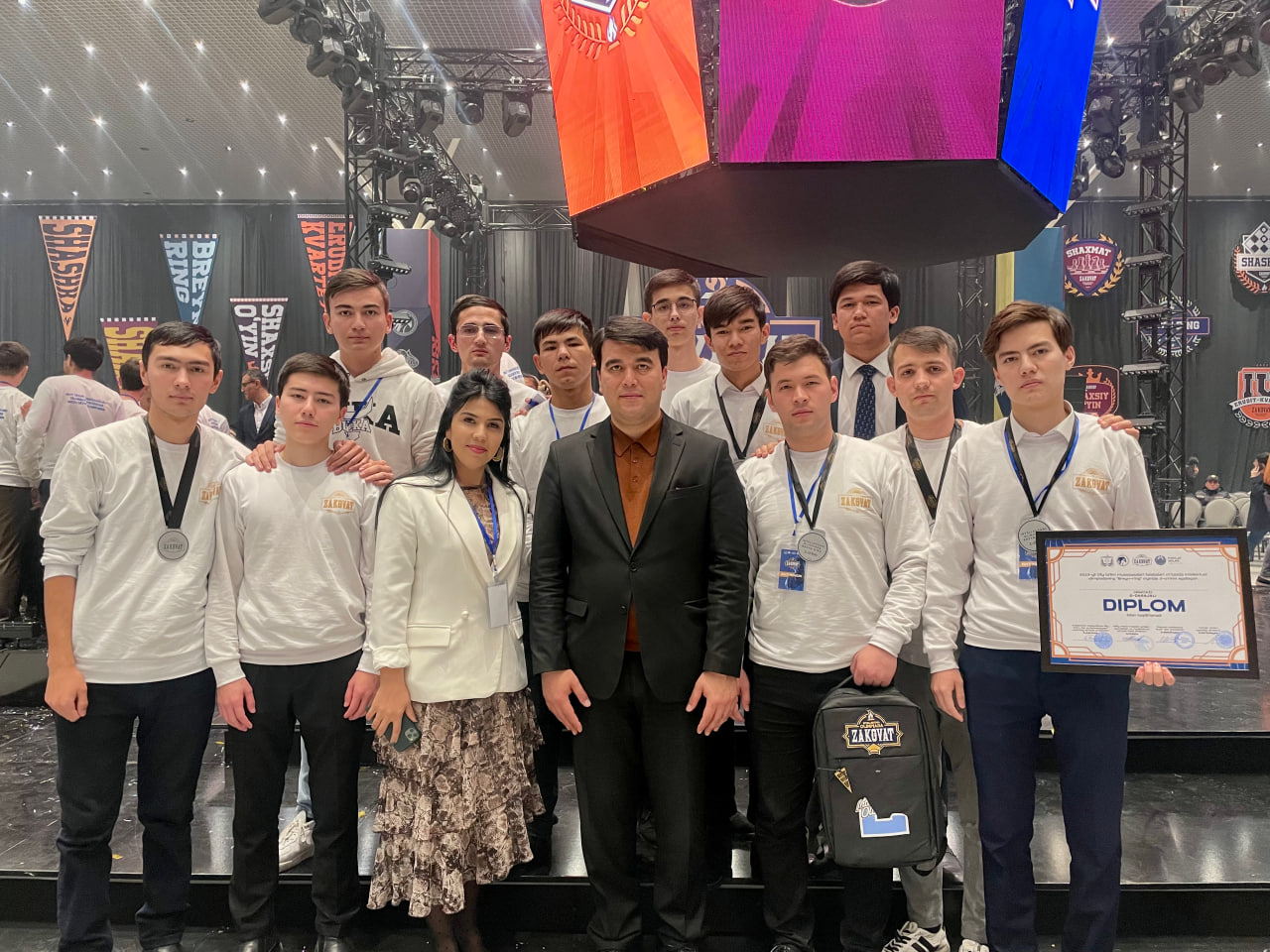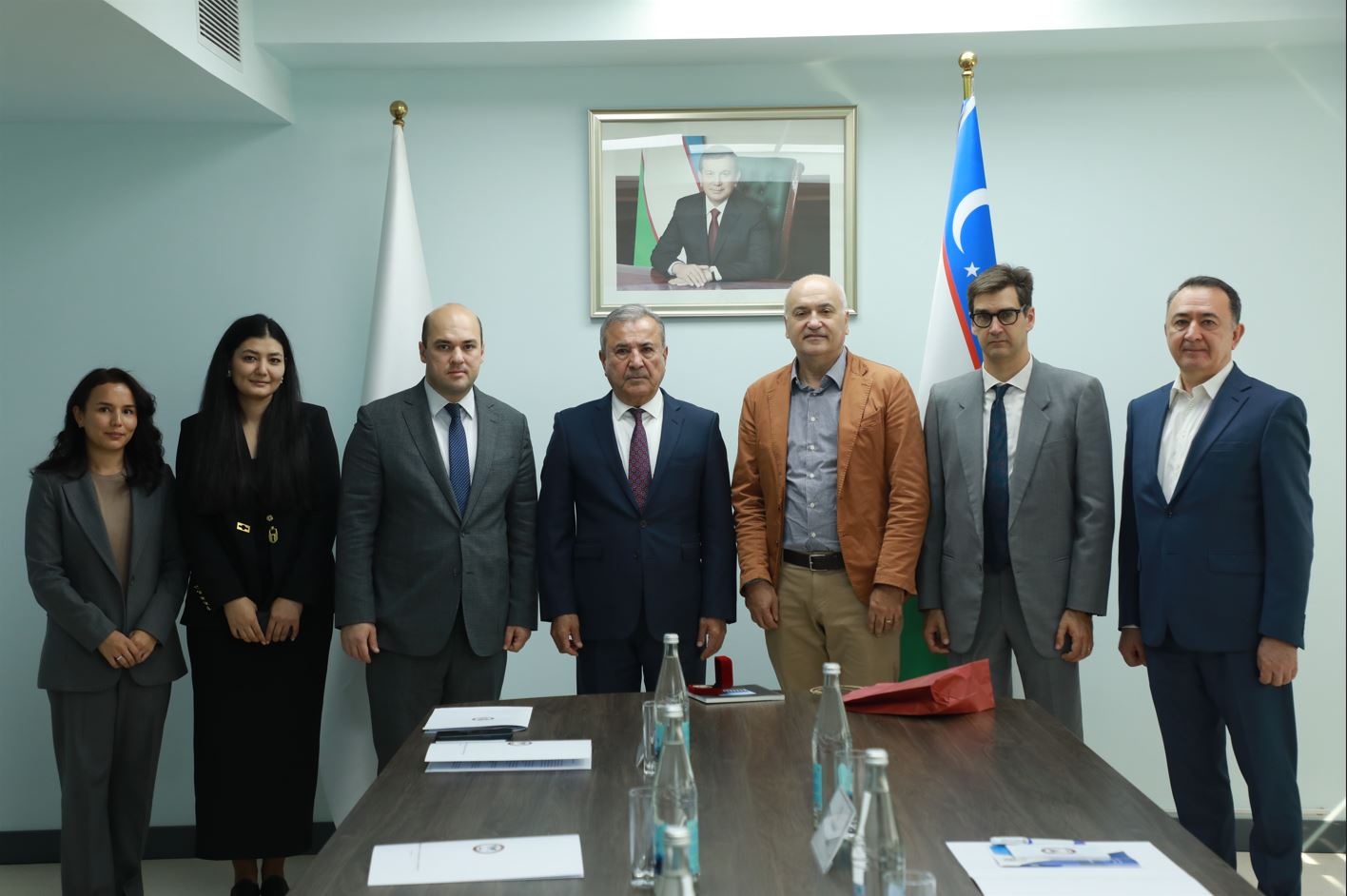
The First Vice-Rector of UWED took part in the forum of analytical centers
The First Vice-Rector of UWED took part in the forum of analytical centers
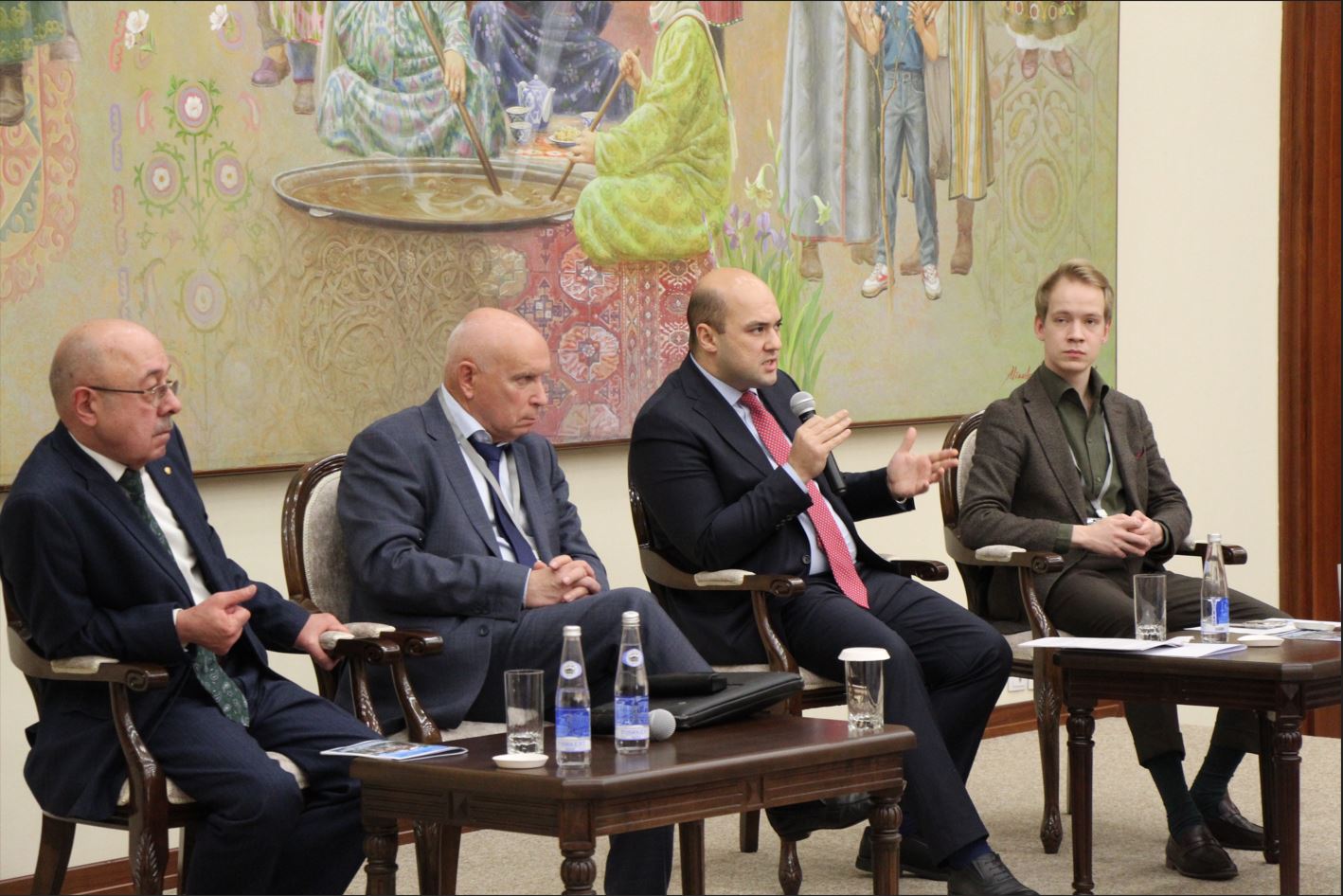
On October 6, 2025, the First Vice-Rector for Academic Affairs of the UWED Akram Umarov of the University of World Economy and Diplomacy took part in the forum of think tanks dedicated to the topic “Central Asia – Russia: Strategic Partnership in a Changing World”.
The event was held at the International Institute of Central Asia (IICA) and was organized by the International Institute of Central Asia in cooperation with the Gorchakov Fund.
In his speech, A. Umarov presented a holistic vision of deepening cooperation between the countries of Central Asia and Russia in the context of increasing geopolitical and economic turbulence. He stressed that the sanctions fragmentation of the global economy, supply chain disruptions and competition of regulatory standards require coordinated decisions from the region. The following practical steps were indicated: coordination of positions at the SCO, EAEU and BRICS platforms, diversification of logistics and settlements, as well as the launch of joint risk monitoring mechanisms to strengthen resilience.
A special emphasis is placed on the technological agenda and cybersecurity: the rapid digitalization of critical infrastructure increases vulnerability to cyber threats, which requires a common protocol for responding to and exchanging incident data. In this regard, it was proposed to create a Regional Cybersecurity Center "Central Asia - Russia" and agree on a framework for the responsible use of AI and data protection.
Speaking about security, Umarov described Afghanistan as a key node of regional stability, requiring pragmatic dialogue and coordinated measures against transnational threats – from drug trafficking to extremism – based on existing multilateral mechanisms. Summing up, he outlined the framework of "sovereignty through coordination": a coordinated policy, a multiplicity of external channels and the creation of stable institutional linkages, including legal and technological formats of interaction.
Along with A. Umarov, Alexander Alekseevich Knyazev, Doctor of History. Doctor of Science, Professor of St. Petersburg State University, Leading Researcher at the Institute of International Studies of MGIMO University, and Evgeny Mikhailovich Kozhokin, Doctor of History. Doctor of Economics, Professor of the Department of International Relations and Foreign Policy of Russia at MGIMO University, who shared their assessments.
